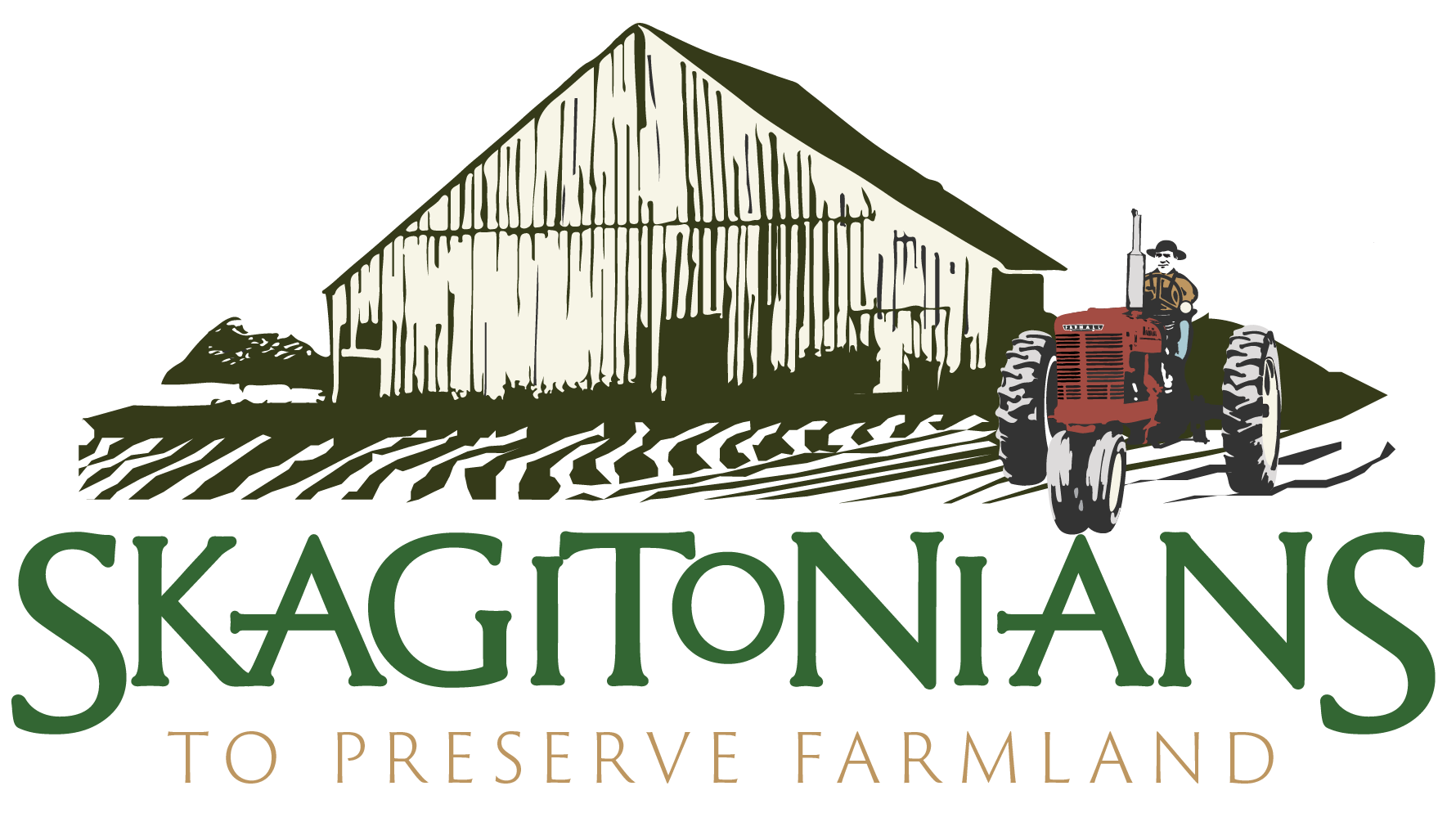The Dirt Issue 14 - Organic Agriculture
Now we’re growing! Organic agriculture in the Skagit Valley
In the last few issues of The Dirt, we’ve addressed the subject of sustainability in agriculture. For many people, particularly among certain engaged consumers, sustainable agriculture is synonymous with organic agriculture. Although there are many nuances and clarifications to that assessment, it is true that organic practices preserve, even enhance, agricultural viability over the long term. It is also true that organic farming practices, unlike the more loosely defined and ever-evolving “sustainable” farming practices are well-established, even unique, in that they are codified by law.
Organics really took off in the Skagit Valley.
The legacy of organic farming goes way back in Skagit County. When it was established in 1972, Gene Kahn’s Cascadian Farm near Rockport was a true pioneer in the movement, and, it may be successfully argued, was one of the first to evolve the organic agriculture ethos into a thriving business model.There had been a number of notable organic enthusiasts before Kahn, of course; people who had done a great deal of research, experimentation and comparison. But, it was Kahn’s business approach that made Cascadian Farm a true leader.
First came processing in the form of frozen organic vegetables, jarred jams and preserves from organic berries, and pickled organic cucumbers. Soon there were packaged goods, a viable market, and a demand that exceeded capacity to supply. That led to a bold enterprise of contracting with other farmers to transition to organic and produce the crops required to meet the demand. Kahn made it work by offering a truly unusual incentive to contract farmers: guaranteed payments, regardless of the success of the crop.
By taking on the production risks for these farmers, Kahn was able to attract outstanding farmers with diverse backgrounds and microclimates into his custom-farming consortium. The effort soon led to scores of organic packaged foodstuffs and a true mainstream acceptance of organics as Cascadian Farm became a nationally-recognized brand.
Skagit leading the way
Skagit County is the largest producer of organic foodstuffs in Western Washington, achieving 28.7 percent of organic farmgate sales in Western Washington as of 2015 data. From organic grass-fed beef and pork production to organic blueberries, raspberries and strawberries, all manner of organic vegetables to organic dairies, the variety, quality and market penetration of Skagit Valley organics is evident in local groceries, farmers’ markets and through direct, at-the-farm, sales.
According to the WSU Center for Sustaining Agriculture and Natural Resources, as of 2015, Skagit County had the fourth highest number of certified organic farms in the state. But, in terms, of outright organic acreage, Skagit County ranked third with 6,737 acres certified and another 214 in transition from conventional to certified organic.
We’re part of a robust, statewide output.
Skagit Valley’s ranking within the state contributes to Washington State’s place in the national organic market. The state ranks number two nationwide, behind California, but 165% more productive than number three, Pennsylvania.Total organic farmgate sales in Washington State rose 19% from 2014 to 2015, a net $95 million increase. The state has 2% of all the national certified organic farms, but earns 4.9% of the national organic farmgate sales.
No letup in sight.
Except for a brief slowdown in the 2008 to 2009 recession, organic agriculture has been growing at double digits since the 1990s.
It is the only agricultural segment that can make that claim.
Annual growth rates of 11 to 20 percent are reflective of many trends, not the least of which is that fact that organics are so well-accepted by the young. The millennial generation (currently aged 18 to 34) has embraced organics as a mainstay of their diet and, most tellingly, their children’s diet. According to the latest survey of buying preferences, 52% of parents in the millennial generation say they source organic food over and above all other foods for their families.
Skagit continuing to lead
Skagit Valley College offers both a degree path and certificate options through its SAgE (Sustainable Agriculture Education) program. Designed to provide students with an array of skills in core agricultural practices, the emphasis is on small-acreage farming and sustainable agro-ecological sciences. Combining these key skills with business courses in such areas as marketing and management, students are given the core competency and confidence to succeed.SAgE is integral to local farm incubator Viva Farms.
A certified-organic farm, Viva rents acreage and equipment to fledgling farmers, giving them time, instruction and opportunity to gain experience in hands-on applications to establish their own farming business. Viva Farms has 33 acres under lease from the Port of Skagit and a newly-acquired 45-acre parcel which will be transitioned to certified-organic. Soon, Viva will be able to help incubate even more new, organic farm businesses.
